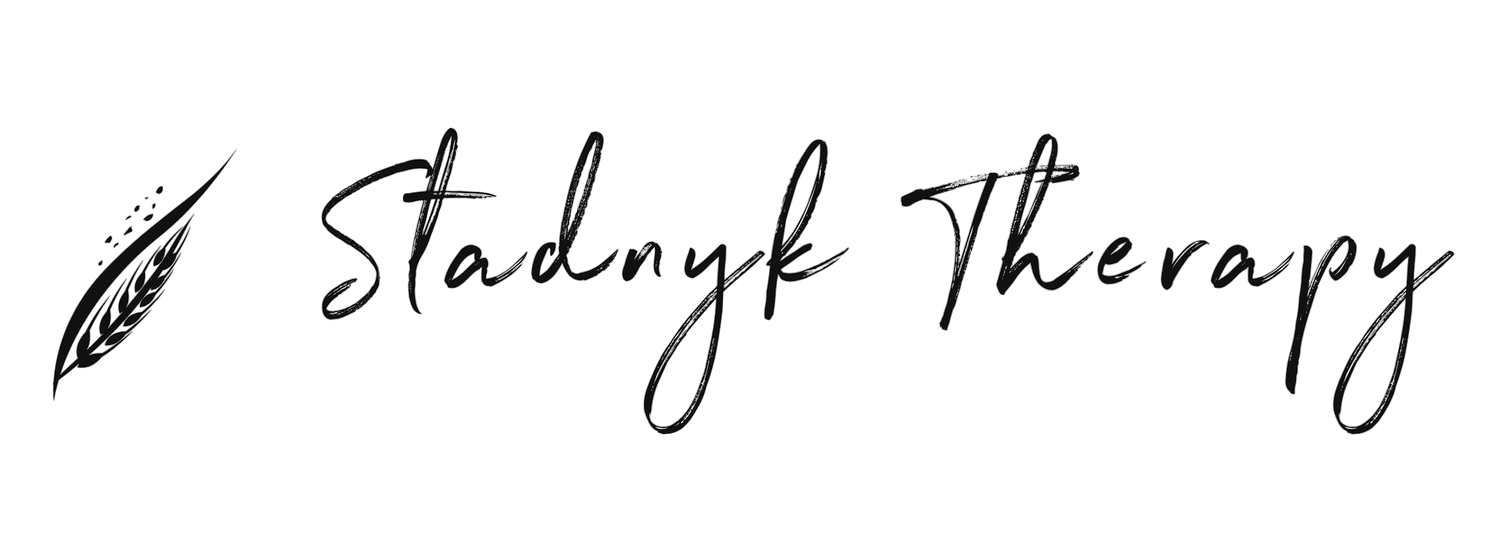Childhood and Relational Trauma
Do you criticize yourself for your reactions?
Struggle to manage your emotions or keep boundaries? Maybe everyday situations trigger intense reactions (like hypervigilance, intrusive thoughts, or withdrawing) or you feel "not enough" or "too much."
Trauma overwhelms your nervous system and makes the world feel unsafe. When it remains unresolved, it can persist for years, keeping your body and mind in a state of survival mode: responding as if the danger is still present. Whether from childhood (abuse, neglect, bullying, being invalidated) or later in life (betrayal, emotional abuse), trauma wounds your attachment system.
Your reactions aren't flaws. They're survival strategies that made sense when you needed protection.
How we work together:
My therapeutic approach is guided by the principles of safety, trust, choice, collaboration, empowerment, and cultural humility. Drawing from Emotionally Focused Therapy (EFT), we explore how your attachment history shaped your current patterns and access the emotions you've been protecting yourself from—the grief, fear, anger, or shame connected to those early wounds. In a safe relationship, you'll process these emotions and experience yourself as worthy of care and connection. We reframe your reactions as protective strategies, not character flaws. With Dialectical Behaviour Therapy (DBT), you'll develop practical skills to regulate intense emotions, set boundaries, and stay grounded when triggered.
The goal is to heal the underlying wounds—not just manage symptoms. Together, we move you from survival mode toward feeling safer in your body, reconnecting with yourself, and building secure relationships.
Ready to heal trauma at its core and reconnect with yourself?

